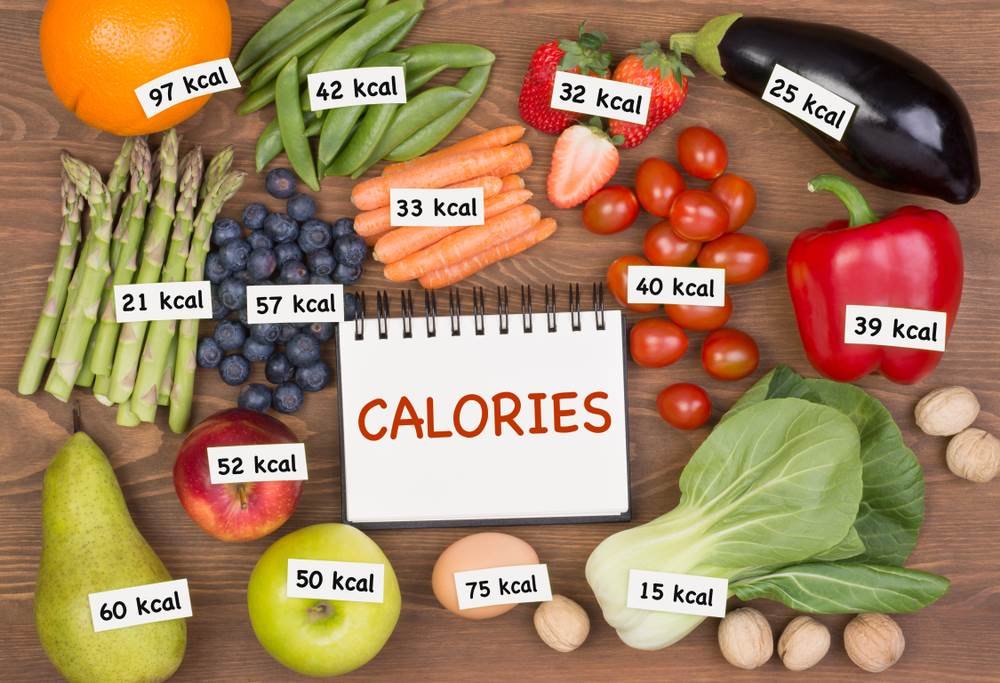
Body scales are a widely used instrument for monitoring success in losing weight, maintaining weight, building muscle, or building mass. Often, however, one is weighed according to the wrong principle. Falsified results are inevitable. So, today in this article we will explain to you how to measure your weight.
◆ How to measure your weight correctly?
Choosing the right scale
Weighing correctly starts with buying the right scale. Here it is like the right pair of shoes: whether analog or digital or with one or more additional functions is a matter of taste and depends on the use. With special multifunction scales, body fat percentage or heart rate can be measured in addition to body weight. A solid and stable digital scale with a weight display as the main function is basically sufficient and well suited to be able to weigh yourself correctly.
Just a scale to weigh in
Every scale is subject to certain tolerances. This means that due to the different environment and processing of the scales when weighing at home, for example, a different result is displayed than on the scales in the gym or with friends. For this reason, only one single scale should be used for correct weighing.
Choosing the right subfloor
Once the balance has been chosen, the task now is to find the right place to weigh. Ideally, the scales should be placed on a floor that is as flat and non-slip as possible without carpet – for example, the tiled floor in the bathroom or kitchen. Once positioned, the balance should no longer be shifted or rotated in order to avoid fluctuations in the result.
Condition before weighing
Weighing correctly also means always standing on the scales in the same physical condition and under the same conditions. So that the result is not falsified by the additional weight. We recommend that you always weigh yourself in the same clothes.
Ideally, you weigh yourself…
In underwear or undressed.
Sober or with one or two glasses of water beforehand.
After using the toilet for the first time.
Also read: How to clean an electric toothbrush?
◆ When should you weigh yourself?
Are you contemplating whether you ought to weigh yourself in the first part of the day or in the evening? Weighing effectively is in every case best done on a proper weighing day at a similar weighing time. The body weight changes by up to 2-3 kg during a solitary day, due to:
The measure of liquid taken in and out.
Water maintenance. Keep in mind, it’s not simply food, enhancements, and chemicals that cause water maintenance, yet stress and too little rest as well.
Filled glycogen stores with expanded starch consumption.
Consequently, weighing ought to consistently be done simultaneously of day, in a perfect world toward the beginning of the day in the wake of getting up, as the bodyweight isn’t yet excessively firmly impacted by the regular vacillations over the course of the day.
To get the most precise outcome conceivable, it is prudent to set a specific day of the week as the weighing day. This passes on sufficient opportunity to have the option to comprehend the drawn-out progress with the expansion or lessening and keeps the inspiration up during the week. While stepping on the scales each day. The reasons for conceivable weight variances ought to be remembered and not be focused on singular outcomes. Maybe, everyday weighing can give a decent outline and an essential inclination for acquiring or getting more fit, for instance by figuring the mean incentive for the week.
Read our blog: Change the Food Habits
While deciding the weighing day, a day during the week is suggested. Such days are normally organized and routine through work so that weighing can be effectively incorporated into regular daily existence. On the off chance that you risk releasing yourself and eating more at the end of the week than during the week. Standard weighing on Saturday or Sunday can assist you with watching out for your objective on your days off.
◆ What does the weight say?
For many, the number on the scales determines success and failure. It is easy to forget that the total body weight with all components such as body fat percentage, muscle percentage, organs, water percentage, blood, and bones is displayed when weighing. An increase or decrease on the scales does not necessarily mean that the weight has only been reduced by body fat or that lean muscle mass has increased.
Especially when losing weight, a weight loss of up to several kilos at the beginning of a diet or a change in diet is not uncommon. But most of this is water and gastrointestinal contents, not pure body fat. A realistic and healthy loss is in the range of 300-500g body fat per week. Even if you want to build muscle or mass, an increase on the scales does not consist exclusively of lean muscle mass, but also of water and body fat.
◆ How much can I weigh?
Weighing yourself correctly also means correctly interpreting the weighed weight depending on the desired physical goal and including possible influencing factors such as water retention, stomach, and intestinal contents, or the higher weight of muscles compared to fat.
What alternatives to weighing are there?
Especially when putting on and losing weight, it is important not to just focus on the number on the scales. As it is only a partial component in monitoring success. There are some useful additions and alternatives to weighing.
“Progress” photos: They help to keep track of the visible changes in body structure regardless of weight.
Clothing test: At the beginning, a pair of trousers, a T-shirt, or the like is bought in the current size or in the desired size, and every 2-3 weeks a check is made to see whether the clothing already fits, has become too big or too small.
Measure the circumference with a tape measure.
Measuring the body fat percentage with a body fat scale or the caliper fat gap measurement.
Particularly when losing weight, a meaningful result can best be achieved through a combination with correct weighing. This gives you comprehensive control of all components that play a role in the physical change in order to achieve the desired goal in the long term.
◆ Conclusion
Weighing can be a method of controlling your weight goals.
For comparable results, we recommend that you always weigh yourself in the same condition.
Weight is influenced by a myriad of factors.
A rise or fall often says nothing about your success in the short term.
In combination with other methods, weighing can lead to a more differentiated and meaningful interpretation.







